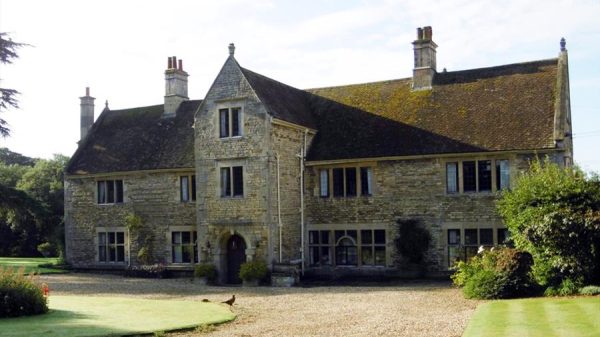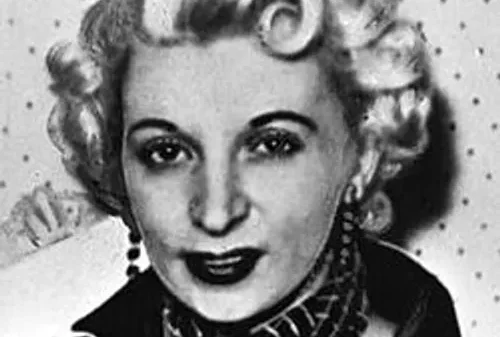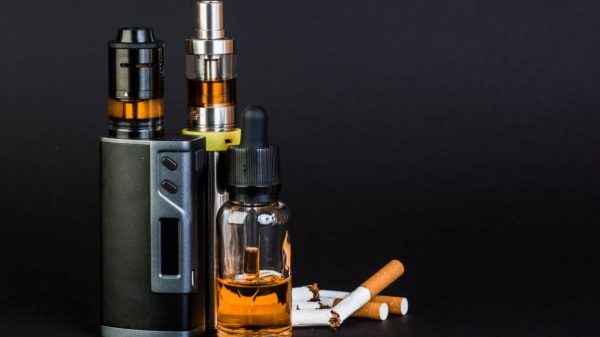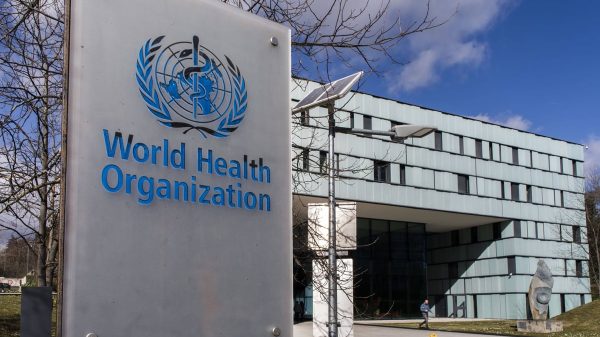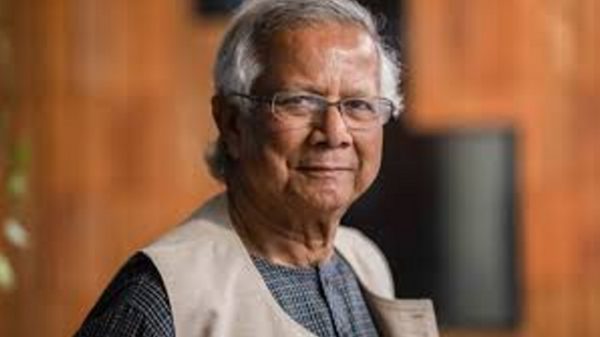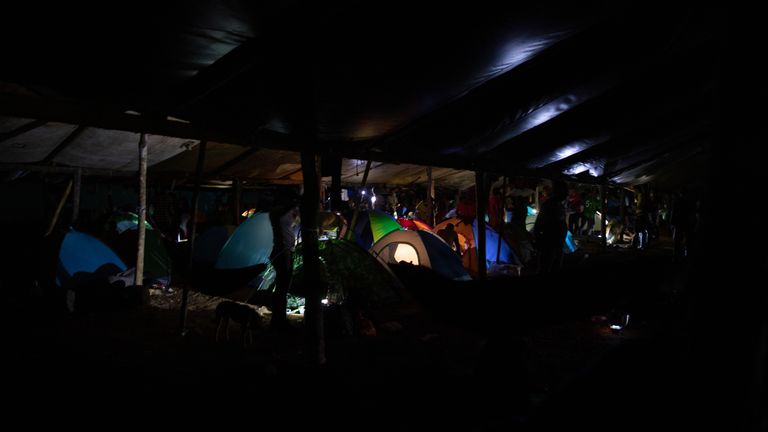On motorbikes we arrive at Las Tecas camp. I can see it from the distance, a large open area enclosed by wooden frames and covered with huge sheets of tarpaulin.
There are more than 100 colourful, backpack-style pop-up tents under the canopy and many hammocks strung from wooden posts.
We approach and see hundreds of people sitting outside what I can only call a jungle internet café.
This is northern Colombia. This is northern Colombia.
Las Tecas is a shanty town that has a few extras.
Although I have been to many refugee camps, transit camps, and migration centers, this level of organization took me by surprise.
Money is the reason. A large network of smugglers runs the camp, with migrants headed north to the United States as their clients.
They are surrounded by a dense jungle of poisonous spiders, snakes, insects, criminal groups, terrorist groups, as well as a 65-mile hike through rivers and mountains.
It is the Darien Gap, the entrance to Panama from Colombia and the United States of America.
The migrants’ last night in the camp is their last night of safety.
Las Tecas is Everest’s base camp.
Before night fell, we strung our hammocks and wandered among migrants, explaining that we were part of their journey.
They come from many countries, including Nepalese and Africans, Asians, Asians and Haitians, but they are mostly South Americans.
They were friendly, and they seemed excited and nervous. We were struck by the number of families and small children.
For years I have read about the Darien gap. The only reasonable conclusion that anyone could reach is that it is too dangerous for an adult to cross, let alone a child.
The stream of migrants trying to cross the border is just as remarkable.
It was done by 150,000 people in the first nine months. Over 20,000 of them were children. In a decade past, just 200 migrants tried it.
These smugglers are making a lot of money and facilitating these daily movements.
These migrants are desperate and can only imagine the horror of their lives abroad. It takes them at least five days to endure this hell in the heat and humidity.
To be honest, I was a little nervous about the trip and only attempted a small portion of it.
The camp is up by 4 o’clock in the morning, and they are packing what little they can.
Moms and dads dress their children, feed them breakfast, get them dressed, and slip on their colorful wellington boots.
One infant was bitten by an insect during the night. Her mother scratched her back to relieve the itching.
They haven’t even reached the jungle yet.
They gather at first light to listen to a man speaking on a loudspeaker.
They flood in through a gate.
A river is one of the first obstacles for many, and everyone is soon wet.
Little ones slip on the rocks below the water and grab their parents. Parents grab their children and lift them onto their shoulders and backs to try to keep them dry.
Everyone keeps moving.
As the migrants make their way up the valley floor to higher ground, we follow them as they cross the rivers. They take at most a day.
Our guides tell us, contrary to my usual judgment, that we should wear wellington boots.
It bites back when you step on it. This is why it’s about the calf-muscle height.
You wouldn’t be able to survive more than 30 minutes after a very nasty snake bite so we chose the boot option.
We were wading through rivers and so every 10 minutes you have to carry two additional boots of water. Trust me, they are heavy.
I was taught how to bend my knee to the side of a tree to drain the water. Although it is simple and annoying, I now realize that a common wellie could save your life.
Venezuelan Michael Zambrano is sleeping with his two-year-old child Lucien. He carries him in a baby carrier on the chest and a pack on his back.
Jordan, his four-year old son, stays close to his parents. Mariangela, mum to Jordan, is seven months pregnant. They are expecting a girl, and have already given her the name Ana.
The family has been walking for several months.
They fled Venezuela seven years ago and lived in Chile for a time. Then they moved to Colombia where Michael was a street performer. This allowed them to continue their journey north.
The family is towards the back of this group.
Michael said to me, “We need to conserve our energy and move slowly.”
He continued, pointing at Jordan.
Eduardo, a Venezuelan immigrant who the family met along the trail, helps the family lift the little boy onto his shoulders as he goes deeper into the water.
You will find wooden signs that are nailed to trees along the route, encouraging them to continue.
One says “Don’t be afraid”, another reads “Difficulties disappear when you face them with courage.”
The jungle is home to dangerous spiders, snakes, and insects. It is hot and humid.
The migrants begin to shrink quickly, leaving the fittest and youngest behind.
One of the last members of the group is a woman with a broken ankle. It happened within the first hour.
Now, she uses a stick to support her. Every now and again, her husband stops her and takes off her boots to drain the water and check for swelling. They continue to go.
It is impossible to believe she will succeed. She keeps going.
Although they know they must reach the summit of at least one mountain, the entire journey is difficult.
If the rain is very heavy, rivers can rise and flood people, which can lead to drowning, especially for those who can’t swim.
After the river, our first major test is a hill made entirely from mud and rocks.
It is steep, and it feels like you are laying clay. To continue their journey, the migrants must overcome this obstacle.
To prevent people from falling into ravines, simple wooden steps were made into the mud using ropes.
These steps would have taken hours without them.
As I climbed up, my wellies fell to the top of the mud. A narrow gap between the mud-covered rocks has been created at the top that allows only one person to pass.
I navigate my way down the muddy staircase by dragging the rope along with me.
My thoughts are confined to this: How can someone who carries everything and has children manage it?
They trudge through the feet-deep mud.
The men grunt and the women and children look scared as they climb and descend the steep embankment.
After climbing the muddy hill, Carlos Chinchin is seen rinsing off his boots with the river water.
He is wearing a Spiderman sunhat on his head and Carlito, his toddler, is strapped to him back.
Carlos is originally from Ecuador. His wife and their second child, Carlos, have already crossed the border and are now in the United States.
When I ask them where they live in the US, he replies that he doesn’t know.
He replied, “They have only told me that they are in a shelter …”.”
Although it must be difficult to carry a small child through jungle terrain, Carlos claims that he is motivated by his desire for Catherine and his little brother Josue.
He sings to Carlito as he heads off, calming him down and comforting the little boy who doesn’t know what’s happening.
We bump into Michael again after a few hours. This time, he looks tired because the family has just negotiated the mud.
He admits it’s difficult, but he believes.
“God is stronger than anything, he will give you strength to cross all the mud ahead.”
This is a remarkable level of faith considering that the US border is closed to Venezuelans.
Many Venezuelans find themselves stuck in countries along the migration route because of recent changes in their border policies. They are unsure where they should go.
Michael’s is one such, but they are determined not to stop. He believes that the Americans will understand and show mercy.
They keep going. This is a massive movement of people that is only expected to continue.
It’s difficult to imagine how it will end.
Credits:
Producers: Dominique Van Heerden and Gustavo Aleman. Carlos Villalon.
Richie Mockler, camera operator

